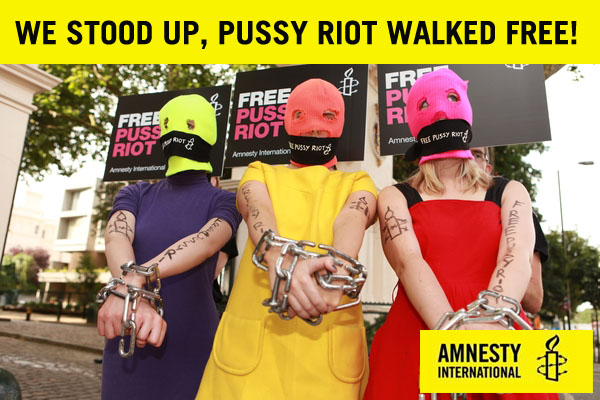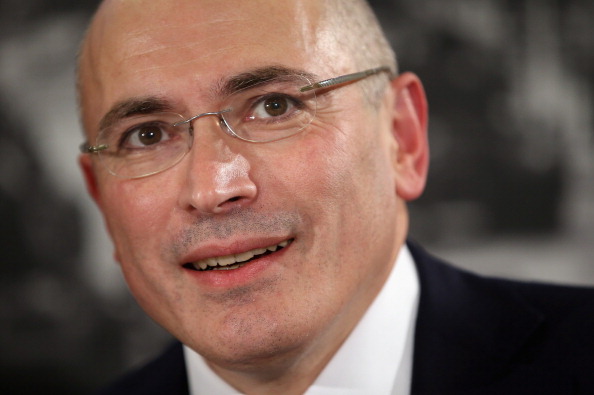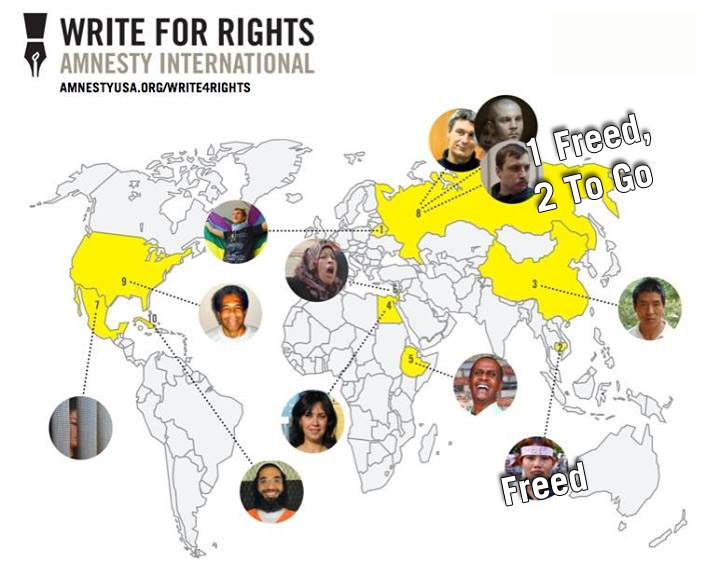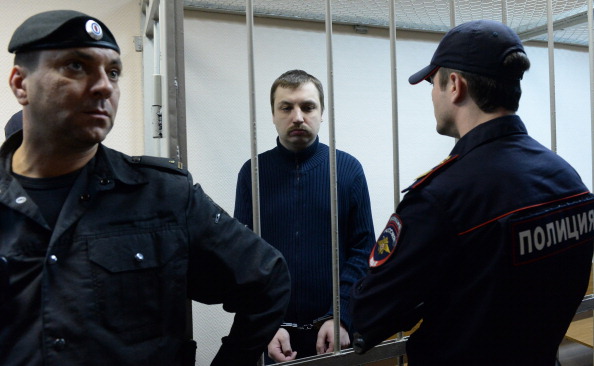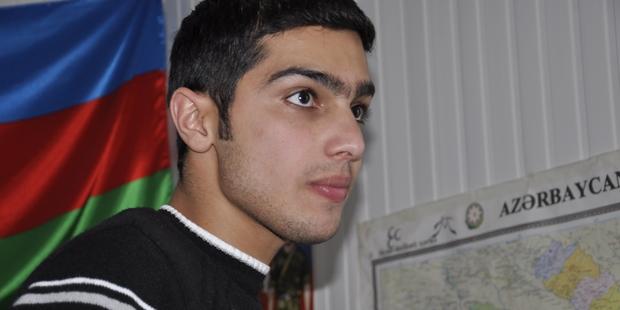![1555522_10153669101850632_1734257860_n[1]](https://blog.amnestyusa.org/wp-content/uploads/2014/01/1555522_10153669101850632_1734257860_n1.jpg)
NOTE: This blog post has been updated in several places for clarity.
The Olympics are right around the corner. But while Shaun White practices his Double McTwist 1260 and Ashley Wagner works on nailing a pearl spin, President Vladimir Putin is perfecting the art of repression.
Since he was inaugurated as President of the Russian Federation, Putin has orchestrated a number of changes in Russian law effectively criminalizing any criticism of him and Russian security forces. The new Draconian laws are having a terrible impact.
With Sochi fast approaching, here are 6 of Putin’s most oppressive laws. But unlike White and Wagner’s routines, we’re not looking forward to seeing these at the Olympics:

